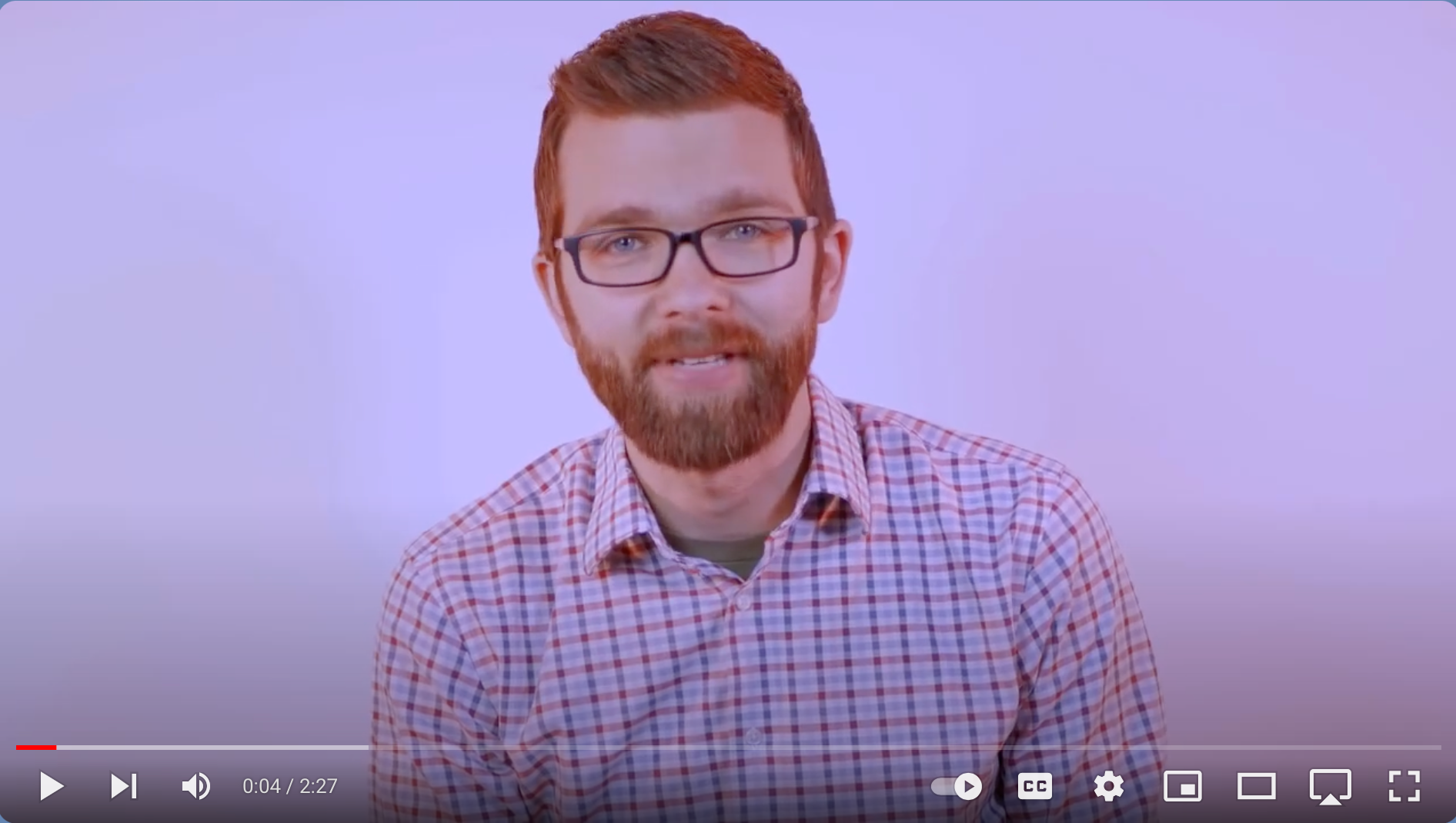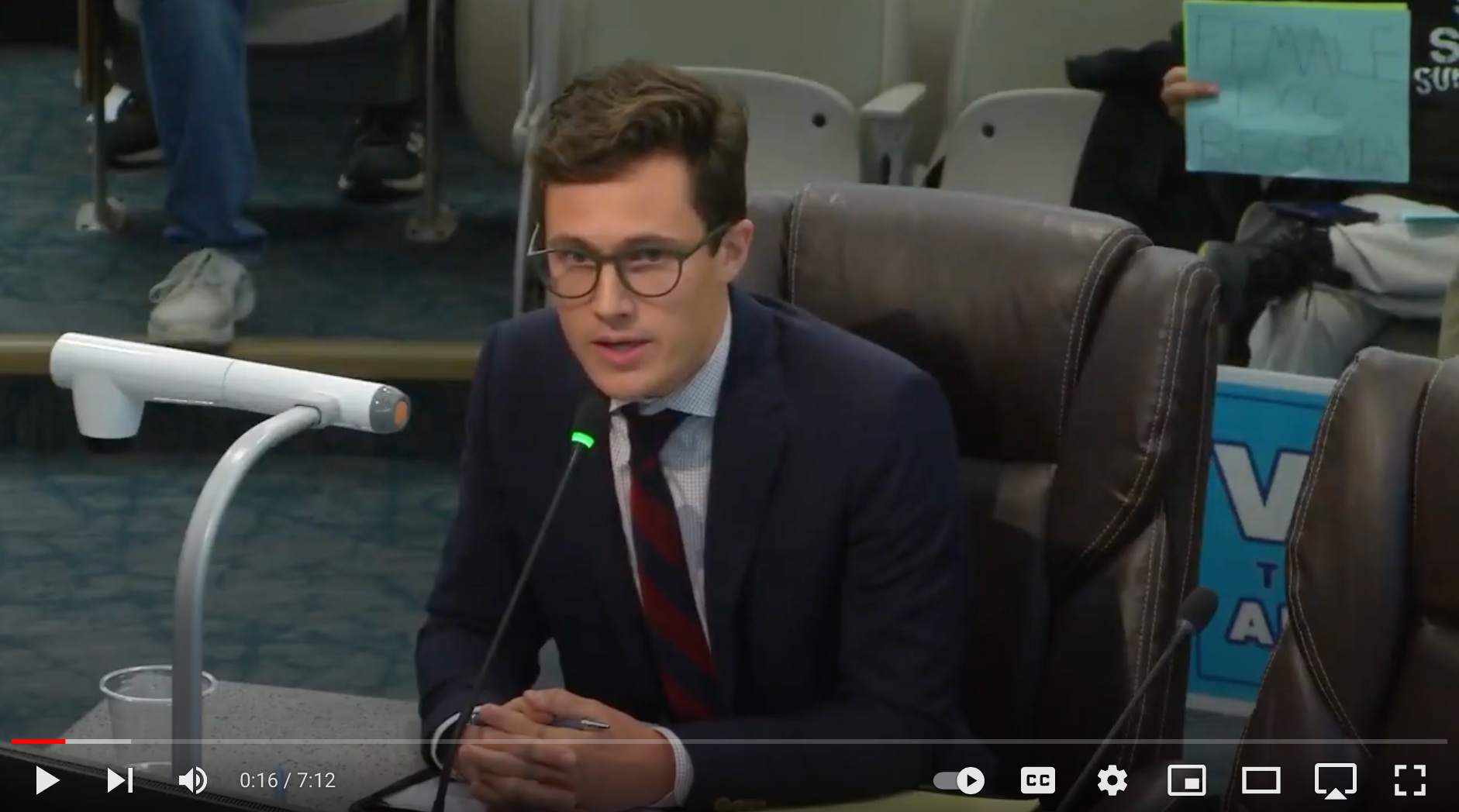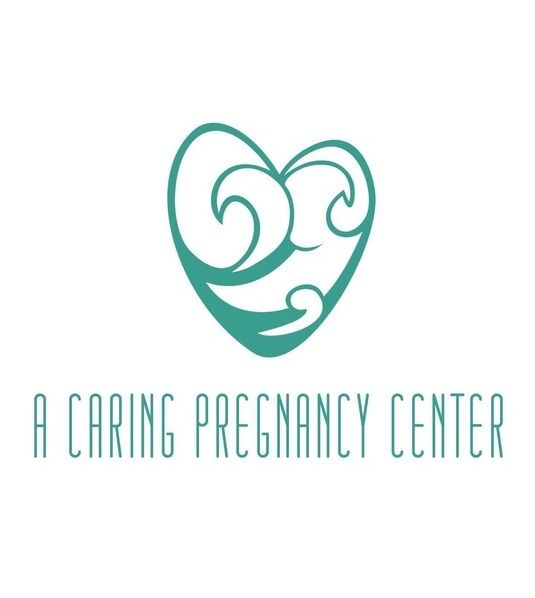stay up to date with the pueblo community
latest articles
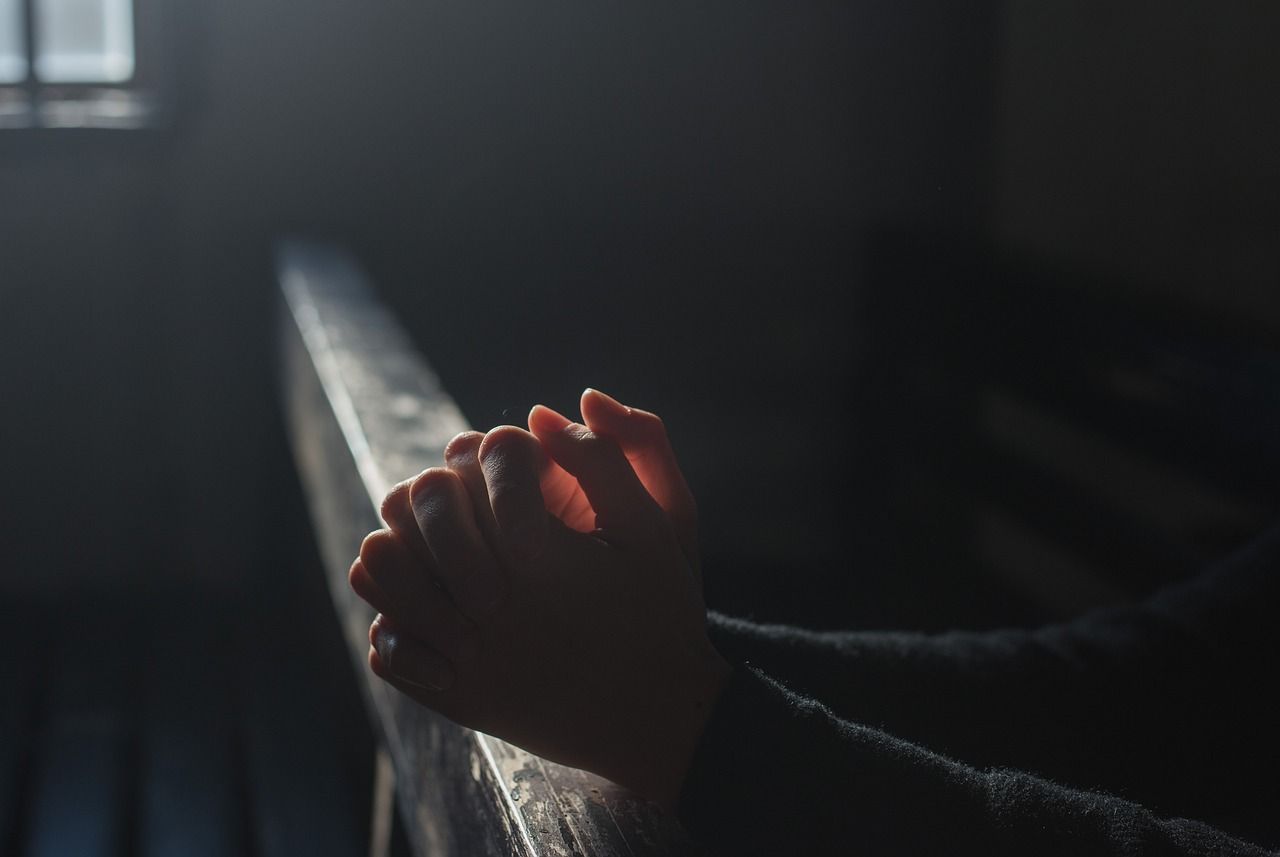
On Saturday, December 7th at 1:00 PM, the community of Pueblo, Colorado, is invited to participate in a unique and meaningful event organized by Forging Pueblo. The "Jericho Prayer Walk for D70 Schools" aims to gather community members in a spiritual reflection and prayer specifically targeted at the enhancement and protection of local educational institutions. Participants of the Jericho Prayer Walk are encouraged to select any of the schools within the District 70 jurisdiction and join others in encircling the selected school. The walk will commence at 1:00 PM, with each participant or group completing seven laps around their chosen school, mirroring the biblical account of Jericho. The final lap will culminate in a collective hymn and prayer session, symbolizing a united front of faith and support for the school's students, faculty, and administrative decisions. This event is designed to spiritually uplift and bring together the Pueblo community, focusing on seeking divine wisdom and safety for the schools. It encourages an environment where community members can express their support through prayer and unity. Participating in an event like the Jericho Prayer Walk aligns with Biblical teachings on the importance of prayer and seeking God’s guidance in all endeavors, especially those that impact our communities and children. Scripture emphasizes the power of prayer and the value of interceding on behalf of others. In Philippians 4:6, believers are instructed, “Do not be anxious about anything, but in every situation, by prayer and petition, with thanksgiving, present your requests to God.” This underscores the significance of turning to prayer in times of decision-making and communal gatherings. Additionally, 1 Timothy 2:1-2 urges, “I urge, then, first of all, that petitions, prayers, intercession and thanksgiving be made for all people—for kings and all those in authority, that we may live peaceful and quiet lives in all godliness and holiness.” This directive makes it clear that praying for those in authority, such as school board members, is not only appropriate but encouraged to ensure a peaceful and righteous community. Forging Pueblo warmly invites all members of the community to participate in this prayerful initiative. By choosing a local school to support, participants can directly engage in an act of faith that seeks to positively impact the educational and spiritual environment of that institution. This is an opportunity for the community to unite, reflect, and contribute to the welfare of the next generation through peaceful and respectful expression of faith. The Jericho Prayer Walk has drawn criticism from a segment of the community concerned with its perceived implications for public schools and the involvement of Dr. Aaron Wilson, a school board member. Critics argue that the event could blur the lines between public institutions and private religious activities. Additionally, they mistakenly believe that the Prayer Walk aims to influence educational policy, specifically targeting the TRAILS curriculum, which has been a recent cause of controversy in District 70. However, this is a misunderstanding, as Forging Pueblo has clearly stated that the event's focus is on prayer for wisdom and safety in school governance and student welfare, not on advocating for curriculum changes. Moreover, the event is organized independently, without utilizing any school resources or endorsement from the school district. It is held entirely in public spaces and outside of school hours, ensuring compliance with all applicable guidelines. In reaction to the Prayer Walk, a group of community members has arranged a counter-protest. They plan to monitor attendance and raise funds in opposition to the event, exercising their right to freely express differing viewpoints. For more information on the event, including details on how to participate and a list of District 70 schools, please visit forgingpueblo.org/events. Whether you are a parent, teacher, student, or simply a concerned citizen, your presence can make a significant difference in reinforcing the community's support for its schools and its youth. Let's come together on December 7th to show our support and commitment to the future of Pueblo's schools.
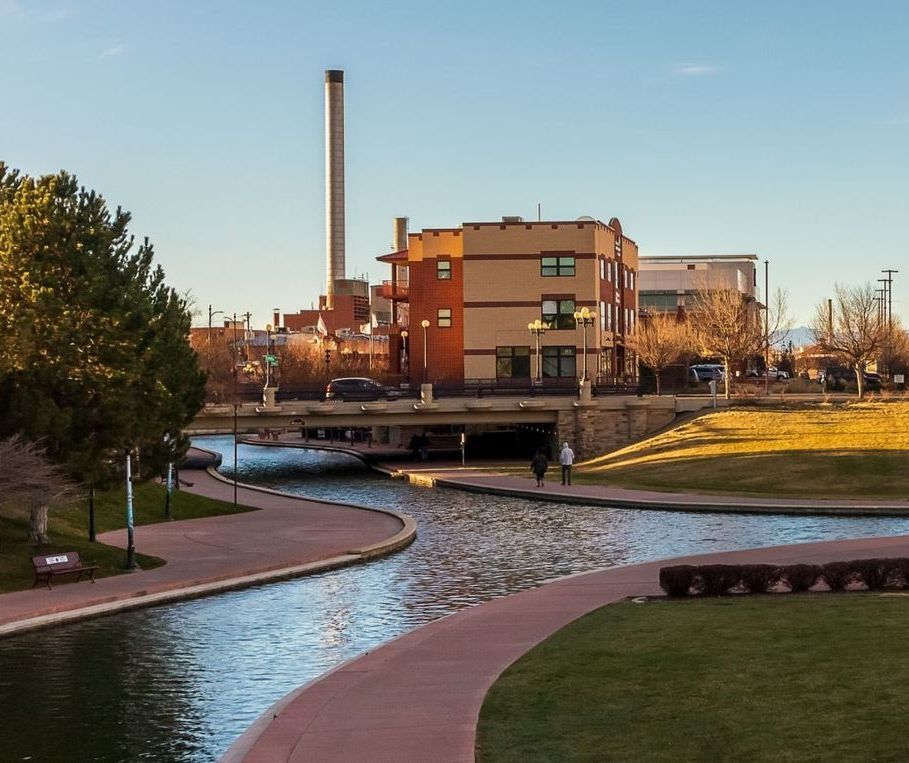
Pueblo, CO – In a historic shift toward conservatism, Pueblo County has elected its first Republican majority in the County Commissioners' office, signaling a significant political shift at the local level. This election cycle was marked by fierce competition, particularly for two critical seats on the Board of County Commissioners and the highly contested role of District Attorney, following the departure of former District Attorney Jeff Chostner (D), who did not seek re-election. In the first County Commissioner race, Miles Lucero (D) won with a significant margin over Steven Rodriguez (R) and Eppie Griego (U), securing his seat on the board. However, it was the second Commissioner seat that notably underscored Pueblo’s conservative tilt. Conservative candidate Paula McPheeters triumphed against Deneya Esgar, a Democrat who was appointed to fill the vacated seat of Garrison Ortiz a little over a year ago when he resigned. In November 2020, Esgar was elected by her colleagues to serve as majority leader of the Colorado House of Representatives for a two-year term starting in January 2021. She was sworn in as Pueblo County Commissioner, 2nd District, on June 1, 2023, following Ortiz’s resignation. Her term is set to expire in 2025. Esgar, known for her progressive stance, criticized McPheeters' strong connections to the local faith community—a strategy that did not resonate well with the electorate. McPheeters' victory alongside Commissioner Miles Lucero (D) and existing Commissioner Zach Swearingen (R), who was elected two years prior, has established a Republican majority on the board for the first time in Pueblo. Paula was also elected as the first female Republican commissioner in Pueblo history. The District Attorney race also reflected Pueblo's conservative swing, with Kala Beauvais (R) defeating Kyle Aber in a significant victory. Beauvais, who will be Pueblo's first female District Attorney and the first Republican to hold the position in over six decades, is known for her "tough on crime" stance. Her extensive experience as a prosecuting attorney at the District Attorney's office played a crucial role in showing the voters of Pueblo she has what it takes to make our city a safe place to live. Her opponent, Kyle Aber, advocated for a more progressive approach to criminal justice. These election results are particularly striking given the broader political context, where the state of Colorado leaned towards Vice President Kamala Harris’s party in the Presidential race, and historically Pueblo has leaned towards the Democratic candidate for president. However, this year Pueblo leaned conservative, and the majority of citizens voted for Donald Trump in Pueblo County. The efficient work of the Pueblo County Clerk and Recorder's office was also a highlight of this election cycle. The office was commended for its timely counting and release of results throughout the night, providing transparency and reassurance in the electoral process. Pueblo’s move towards conservative governance reflects a broader trend of reevaluating local and national political alignments, where community values and immediate issues take precedence over national party politics. As Pueblo positions itself with a new conservative majority, the impacts on local policies and community initiatives are awaited with keen interest by its constituents.

And then God Showed Up . . . On Thursday, October 22, the D60 Board of Education narrowly passed (3-2) a new policy that will allow students to choose names (and pronouns) that reflect their gender identity with parental notification. The policy implements the requirements of a new state law (HB24-1039) that was passed by the Democrat super-majority in April. While the law requires school districts to support a non-legal name change, the law allows school districts to develop their own policies. The law is silent in regards to parental involvement (in fact, the law does not contain the word “parent” or “guardian”). The law simply requires schools to implement policies that comply with the Federal Educational Rights and Privacy Act (FERPA) - which interestingly guarantees that parents have the right to view all of their child’s educational records. In other words, schools cannot keep secrets from parents. The policy that the D60 Board approves fully complies with the requirements of HB24-1039. It ensures that children who want to be called something different at school will be acknowledged and respected. The only thing controversial about the policy - as now approved - is a requirement that parents be notified - in other words, no secrets. Why was this controversial? Because LGBT activists who testified insisted that including parents would not be safe. Why? Because parents may not always affirm the child’s decision regarding their gender identity, and that would be harmful to the child. Schools, on the other hand, are safe. Not involving parents would have set a dangerous precedent. There would be no end to the “rights” the child would be deemed to have to express their gender identity without involving parents in these extremely consequential decisions. So what happened on Tuesday? The meeting room was at capacity - literally standing room only. About two-thirds of those in attendance were LGBT activists (they wanted to be identified). And when the meeting began - God showed up! 1. One of the D60 Directors (Dr. Kathy DiNiro) had let Susan Pannunzio (Board Chair) know she might not be able to attend, due to a family emergency. She was potentially the swing vote. Five minutes before the meeting started, she took her seat! 2. The room was subdued. No sign waving. No chants. No catcalls. Ten people made public testimony. Three people spoke in favor of parental notification. Seven supported the child’s choice without involving parents. People listened respectfully, clapped if they supported the testimony (LGBT activists clearly charged up, but respectful). 3. After some presentations and first reading of two new - unrelated - policies, the discussion of ACA (the non-legal name change policy) begins. 4. Two Directors (Bill Thiebaut and Dennis Maes) passionately defend the child’s right to decide, without an automatic notification to parents. Argue a novel legal concept: the law extends rights to the child by bypassing parents' rights. 5. Board Chair Susan Pannunzio passionately defends the rights of parents to know before the district complies with the student’s request. 6. Director Thiebaut introduces an amendment to strike the language for parental notification. Dennis Maes seconds. 7. Motion fails! Directors Brian Cisneros, Dr. DiNiro, and Susan vote NO! 8. Vote on the proposed policy. This is a second reading, so this vote counts! Policy (as presented by Superintendent Dr. Barbara Kimzey) includes automatic parental notification. Motion passes! Directors Maes and Thiebaut vote NO. Directors Cisneros, Dr. DiNiro, and Pannunzio vote YES! So what’s next? Now with clarity on a policy that includes parental notification, Dr. Kimzey will come back to the Board with implementing regulations that will now have to include how parents will be notified and what happens if a parent declines to approve. Stay tuned! Author John Zondlo

Kamala Harris’ staff were on a bus labeled REPRODUCTIVE RIGHTS and was scheduled to stop in Pueblo on Monday afternoon at the Union Depot followed by a council meeting that evening. Her team indicated that they had plans for the bus to make more than 50 stops nationwide to promote extending access to abortion. According to a campaign press release, Nick Heinrickson and Daneya Esgar were scheduled to speak in the afternoon, since abortion is such a controversial topic in Pueblo. The Republican Party claims that pro-life advocators at the rally outnumbered the pro-abortion activists as the Kamala Harris Reproductive Rights bus positioned itself in front of the Pueblo Union Depot. Witnesses stated that the arrival of the Kamala Harris’s bus drew hundreds of people to the Depot on October 7 th , with numbers of less than 40 activists compared to the roughly 200 pro-life advocates in attendance. Harris supporters rallied around the campaign bus parked in the back of the Depot while pro-life advocators watched from the South Union Avenue Bridge. Several other observers gathered along the neighboring sidewalks to share stories, pray together, and sing worship songs. Claudia Sandoval, the Season 6 winner of "MasterChef" on Fox, was among those rallying for reproductive choice, supporting Kamala Harris and the Democratic Party in Pueblo. Fearmongering and lies were spread behind the depot with speakers. Claudia Sandoval said, "If Donald Trump and J.D. Vance go back to power, they will enact their Project 2025 agenda," Sandoval said. "Don't let them lie to you. That will impact reproductive healthcare across the nation and it's not just going to affect abortion care. They'll be coming after your birth control, monitoring your pregnancies, and even taking away your freedom to start your own family — but fortunately, we don't have to choose that path." Statements like this have been refuted and debunked time and again by USA Today, PBS, CNN and others. Not surprisingly, Sandoval was joined by the reputed far-left State Sen. Nick Hinrichsen, Monica Hughes of Cobalt, State Rep. Stephanie Vigil, and Pueblo County Commissioner Daneya Esgar; who sponsored the horrendous RHEA laws passed in Colorado in 2022. Common, and purposefully misleading, rhetoric flowed from Esgar as she said, "Over one in three women of reproductive age now live in states with a Trump abortion ban, many of these bans have no exceptions for rape and incest.” She continued, "Most threaten doctors with jail time just for doing their jobs. All of them rob women of their freedom to make their own health care decisions with devastating consequences." This rhetoric is patently untrue and is intended to confuse voters about the differences between elective-induced abortion and medically necessary procedures performed in legitimate facilities to save a woman’s life. Luckily, other pro-life organizations such as Pro-Life of Southern Colorado, A Caring Pregnancy Center, and The Young Republicans came to the Union Depot to shed light on the fallacies being shared on the dark side of the depot. Pro-life abolitionist Jason Smith had numerous conversations and engagements with people attending the rally. He was quoted as saying "No one here, ask anyone, no one here has a problem if a woman has a miscarriage to try to take care of," Smith said. "What we have a problem with is the elective murdering of a human being that is not already dying or dead. That's the problem” by the Pueblo Chieftain. While the Harris-Walz campaign brought a bus, A Caring Pregnancy Center brought #ANNtheVan, ACPC’s "clinic on wheels" that provides free ultrasounds and pregnancy testing. When the news of Harris’ bus visit to Pueblo hit social media, I knew ACPC and #AnntheVan had to be there to represent those who want to protect life. We wanted people to see the available alternative to the message being purported by Harris’ team during their visit. We wanted them to see that there is another option, an option that doesn’t profit from a woman’s choice. It turned out to be an amazing event (at least from the perspective of the pro-life attendees)…one full of unity, hope, fellowship, and love. It was inspiring to see people praying for one another and hearing the stories shared with one another. We were truly honored to have been a part of the festivities and are encouraged by how our community comes together to stand for LIFE in Pueblo.

Colorado voters face an important decision with Amendment I, a proposal that aims to refine the state’s bail system to enhance community safety. The full text of the amendment reads: "Shall there be an amendment to the Colorado constitution concerning creating an exception to the right to bail for cases of murder in the first degree when proof is evident or presumption is great?" This proposal addresses the urgent need for a legislative update following the abolition of the death penalty in 2020, ensuring that individuals accused of the most serious crimes, under compelling evidence, are not eligible for bail. Historical Context and Necessity of Amendment I Historically, under Colorado law, individuals who were charged with crimes that made them candidates for the death penalty could be denied bail. This provision was integral in ensuring that those accused of the most heinous crimes could not avoid justice by fleeing or committing further offenses while out on bail. However, with the abolition of the death penalty, this safeguard was removed, creating a gap in the legal framework that Amendment I seeks to address. Constitutional Basis for the Amendment Amendment I specifically targets the constitutional level because bail laws are embedded within the Colorado constitution. Any significant changes to the bail process, especially those that restrict bail rights, necessitate a constitutional amendment rather than a mere statutory change. This ensures that the amendment has the authority to effectively alter the foundational legal standards governing pretrial release and detention for serious crimes like first-degree murder. Details of Amendment I Amendment I proposes to reinstate the ability to deny bail but under specific and stringent conditions for those accused of first-degree murder—a charge that would have previously made them eligible for the death penalty. It allows judges to deny bail only when two critical conditions are met: "proof is evident or presumption is great." This ensures that the constitutional rights of the accused are balanced carefully with the need for community safety. Understanding 'Proof is Evident or Presumption is Great' The terms “proof is evident” and “presumption is great” are established legal standards that require a higher level of evidence than typically necessary to charge someone with a crime. They mean that after a preliminary examination of the evidence, it appears significantly likely that the accused committed the crime. This stringent standard protects against the arbitrary denial of bail, reserving it for cases where the evidence strongly supports such a measure. Safety and Justice for Communities The primary benefit of Amendment I is enhancing community safety. By preventing individuals accused of first-degree murder under strong evidence from being released on bail, the amendment aims to mitigate the risk of reoffense and flight before trial. This measure ensures that those accused of the gravest crimes remain detained while awaiting trial, thus maintaining the integrity of the judicial process and safeguarding the community from potential harm. Furthermore, Amendment I supports the victims of violent crimes and their families by providing them a sense of security that the accused will not be at large while awaiting trial. This aspect of the amendment is crucial in upholding the victims' rights and helping them through their recovery process without additional fear. Conclusion Colorado Amendment I represents a thoughtful and necessary adjustment to the state's bail system in the post-death penalty era. By allowing judges to deny bail to those accused of first-degree murder when there is strong evidence against them, the amendment fosters a safer environment for all residents and respects the judicial principles of presumption of innocence and due process. Coloradans have a vested interest in ensuring that their community remains safe, and voting in favor of Amendment I is a step towards strengthening the protections that keep their streets secure.




